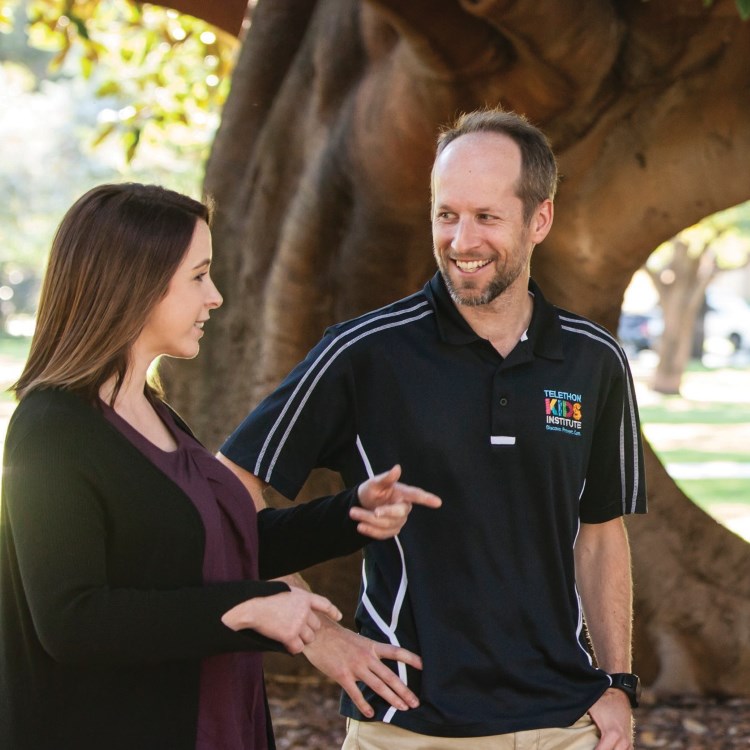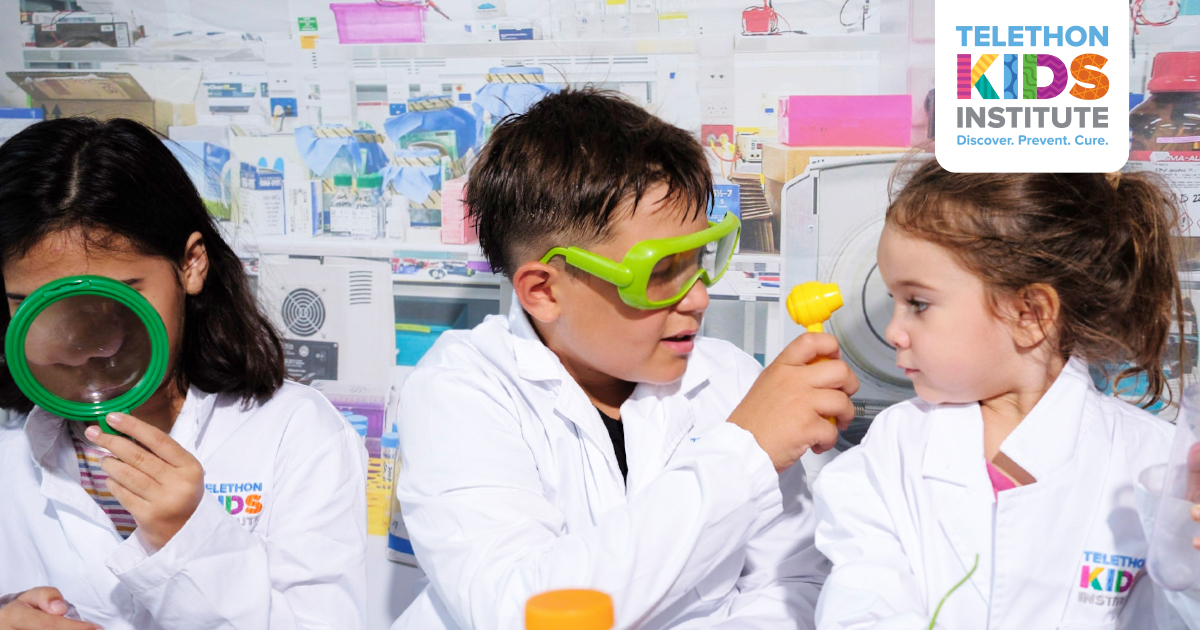Search
Research
The early Human Capability Index (eHCI)The Early Human Capability Index is a holistic measure intended to capture early child development across diverse cultures and contexts.

News & Events
Data goldmines yield priceless breakthroughsChild health and development researchers are increasingly turning to Western Australia's extensive population datasets for their ground-breaking work.
Research
Western Australian Child Development AtlasWe know that place, location, and geography can all influence health, wellbeing, and disease, and thus are important factors in policy development and service planning.
Research
Which emerging autism features at 12 months of age are associated with later parent-child interaction?Parent-child interactions (PCI) in infants with an elevated likelihood (EL) of autism start to diverge from other infants toward the end of the first year. This divergence is often attributed to emerging features of autism impacting infant social interactions in ways that become increasingly amplified. The aim was to identify which, if any, 12-month autism features were associated with later PCI qualities.
Research
Influences of bilingual input on English vocabulary size and academic outcomes: a large-scale longitudinal study following children in Australia from five to ten yearsResearch from large population-based studies investigating the language and academic outcomes for bilingual children is rare. The current study aimed to investigate the influence of dual language exposure on (i) English vocabulary outcomes at 5 years (126 bilinguals, 1675 monolinguals), and 10 years (vocabulary: 92 bilinguals, 1413 monolinguals:), and (ii) academic outcomes at 10 years (107 bilinguals, 1746 monolinguals).
Research
Developmental Relationship-Based Interventions for Autistic ChildrenAndrew Videos Whitehouse Watch and listen to Andrew PhD Deputy Director (Research); Angela Wright Bennett Professor of Autism Research at The Kids
Research
Genome-wide association meta-analysis of childhood ADHD symptoms and diagnosis identifies new loci and potential effector genesWe performed a genome-wide association meta-analysis of 290,134 attention-deficit/hyperactivity disorder symptom measures of 70,953 unique individuals from multiple raters, ages and instruments.
Research
Treatment for Childhood and Adolescent Dissociation: A Systematic ReviewDissociative symptoms are linked to experiences of trauma, often originating in childhood and adolescence. Dissociative disorders are associated with a high burden of illness and a poor quality of life. Despite evidence suggesting that early intervention can improve outcomes, little research exists on the treatment of dissociative disorders in childhood and adolescence.

News & Events
Broome kids get their hands dirty with real-life scienceThe Kids Research Institute Australia is bringing science to the Kimberley, with a series of free activities for children and families in Broome in the leadup to National Science Week.
Research
Harmonizing the CBCL and SDQ ADHD scores by using linear equating, kernel equating, item response theory and machine learning methodsA problem that applied researchers and practitioners often face is the fact that different institutions within research consortia use different scales to evaluate the same construct which makes comparison of the results and pooling challenging.
